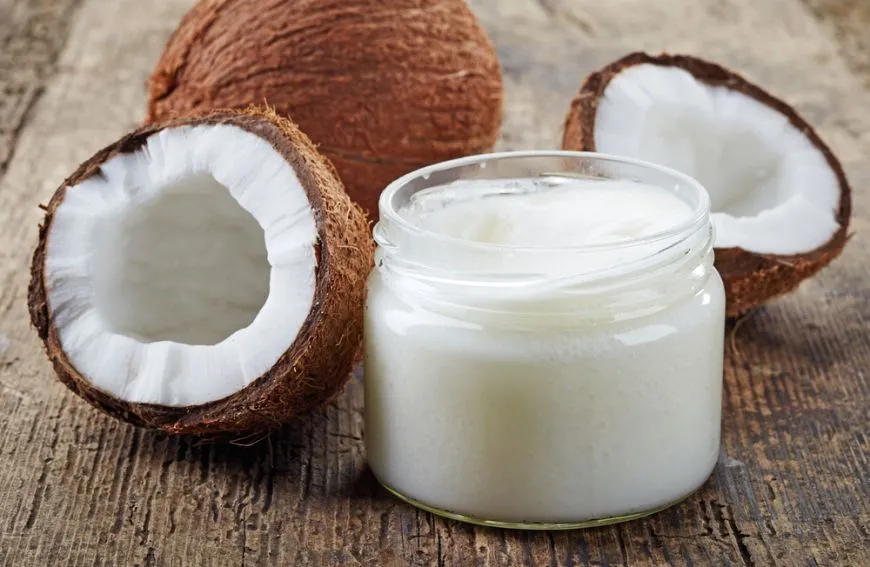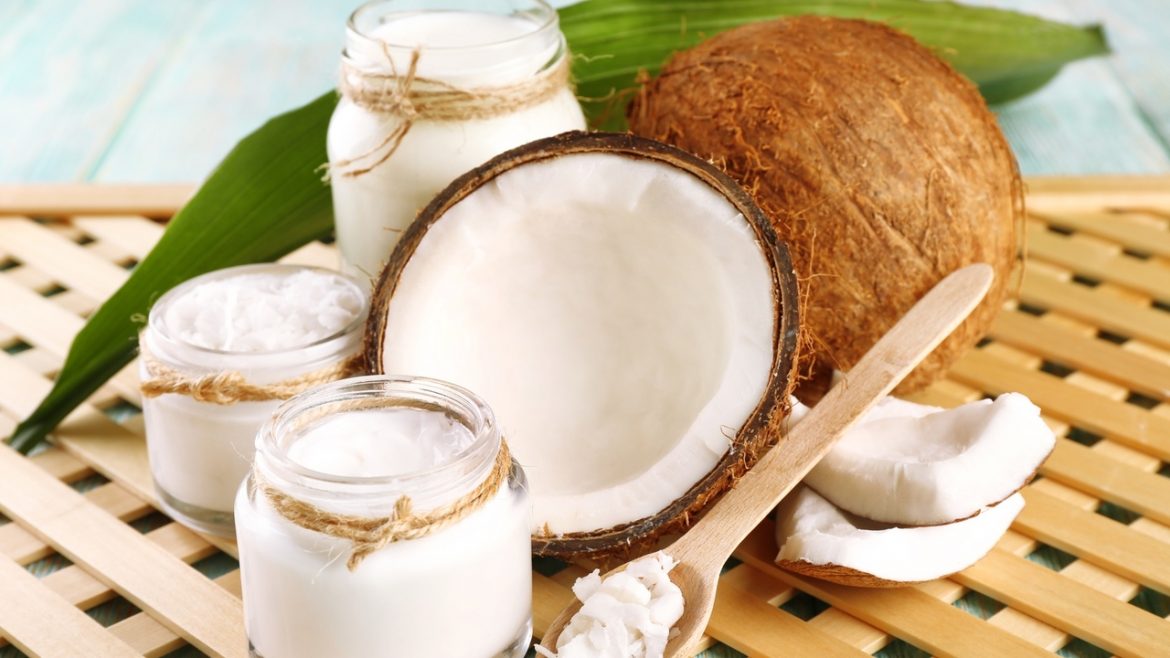In the world of natural health foods, coconut butter has emerged as a star ingredient. This creamy, rich, and delicious spread is not only a treat for your taste buds but also a powerhouse of nutrients. Made from pureed coconut flesh, coconut butter is a versatile superfood that can be used in countless ways—from cooking and baking to skincare and beyond.
Whether you’re a health enthusiast, a foodie, or someone looking for natural alternatives, coconut butter is a must-have in your pantry.
Let’s explore its benefits and uses in detail.
What is Coconut Butter?
Coconut butter is made by blending dried or fresh coconut meat until it reaches a smooth, buttery consistency. Unlike coconut oil, which is extracted from the fat of the coconut, coconut butter contains the whole coconut—including its fiber, oil, and natural sweetness. This gives it a unique texture and a richer nutritional profile.
Coconut butter has a subtly sweet, nutty flavor and a creamy texture that makes it a delightful addition to both sweet and savory dishes. It’s also vegan, gluten-free, and packed with healthy fats, making it a favorite among health-conscious individuals.
Health Benefits of Coconut Butter
- Rich in Healthy Fats
Coconut butter is loaded with medium-chain triglycerides (MCTs), a type of healthy fat that is easily digested and converted into energy. These fats can boost metabolism, support weight management, and provide a quick source of fuel for your body and brain. - Supports Digestive Health
The high fiber content in coconut butter promotes healthy digestion by supporting regular bowel movements and feeding beneficial gut bacteria. It can also help you feel fuller for longer, making it a great addition to a balanced diet. - Boosts Immunity
Coconut butter contains lauric acid, a compound known for its antimicrobial and antiviral properties. Lauric acid helps fight off harmful bacteria, viruses, and fungi, strengthening your immune system and keeping you healthy. - Promotes Healthy Skin and Hair
The natural fats and nutrients in coconut butter make it an excellent moisturizer for skin and hair. It can help repair dry, damaged skin, reduce the appearance of fine lines, and add shine and softness to your hair. - Provides Essential Nutrients
Coconut butter is a good source of essential minerals like iron, potassium, and magnesium, which support overall health. It also contains antioxidants that help combat oxidative stress and inflammation. - Supports Heart Health
While coconut butter is high in saturated fats, these are primarily MCTs, which have been shown to improve cholesterol levels and support heart health when consumed in moderation.
Culinary Uses of Coconut Butter
Coconut butter’s rich, creamy texture and subtle sweetness make it a versatile ingredient in the kitchen. Here are some delicious ways to use it:
- Spread on Toast or Crackers
Swap your regular butter or jam with coconut butter for a healthier, tropical twist. It pairs beautifully with whole-grain toast, rice cakes, or crackers. - Add to Smoothies
A spoonful of coconut butter can add creaminess and a boost of healthy fats to your morning smoothie. It pairs well with fruits like bananas, berries, and mangoes. - Use in Baking
Coconut butter can be used as a substitute for regular butter or oil in baking recipes. It adds moisture and a subtle coconut flavor to cookies, muffins, and cakes. - Make Dairy-Free Frosting
Blend coconut butter with a touch of maple syrup or honey and vanilla extract to create a delicious, dairy-free frosting for cupcakes or cakes. - Stir into Oatmeal or Porridge
Add a dollop of coconut butter to your morning oatmeal or porridge for extra creaminess and flavor. Top with fresh fruit and nuts for a complete breakfast. - Create Energy Bites
Mix coconut butter with oats, nuts, seeds, and a natural sweetener to make no-bake energy bites—a perfect snack for on-the-go. - Use as a Coffee Creamer
Stir a teaspoon of coconut butter into your coffee for a creamy, frothy texture and a hint of coconut flavor.
Non-Culinary Uses of Coconut Butter
Coconut butter isn’t just for eating—it’s also a fantastic natural product for skincare and haircare. Here’s how you can use it:
- Moisturizer for Skin
Apply a small amount of coconut butter to your skin as a natural moisturizer. It’s especially effective for dry patches, elbows, and knees. - Hair Mask
Melt coconut butter and apply it to your hair as a deep conditioning treatment. Leave it on for 30 minutes before washing it out for soft, shiny locks. - Lip Balm
Use coconut butter as a nourishing lip balm to soothe and hydrate chapped lips. - Body Scrub
Mix coconut butter with sugar or salt to create a luxurious exfoliating scrub for your skin.
How to Make Coconut Butter at Home
Making coconut butter at home is surprisingly easy. All you need is unsweetened shredded coconut and a high-speed blender or food processor.
Instructions:
- Add 2-3 cups of shredded coconut to your blender or food processor.
- Blend on high for 10-15 minutes, scraping down the sides as needed, until the mixture becomes smooth and creamy.
- Transfer the coconut butter to a jar and store it at room temperature or in the refrigerator.
Tips for Storing and Using Coconut Butter
- Coconut butter can solidify at cooler temperatures. To soften it, place the jar in warm water or microwave it for a few seconds.
- Store coconut butter in an airtight container to keep it fresh.
- Use it in moderation, as it is calorie-dense.

Coconut butter is a true superfood that offers a wide range of health benefits and uses. Whether you’re adding it to your favorite recipes, using it as a natural beauty product, or simply enjoying it by the spoonful, this versatile ingredient is a must-try. Its rich flavor, creamy texture, and nutrient-packed profile make it a valuable addition to any kitchen or self-care routine.
So, grab a jar of coconut butter and start exploring its endless possibilities today!
Have you tried coconut butter?
Share your favorite ways to use it in the comments below

